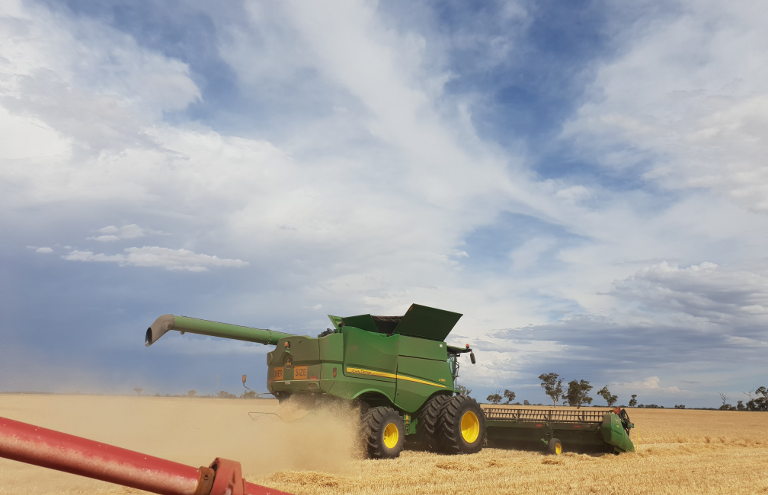Fraying Food System May Be Our Next Crisis

If you’re already overwhelmed with news of the pandemic and are coping with depression, read no further. However, if you’re a crisis responder by inclination or profession, you might start thinking food.
Experts who study what makes societies sustainable (or unsustainable) have been warning for decades that our modern food system is packed with ticking bombs. The ways we grow, process, package, and distribute food depend overwhelmingly on finite, depleting, and polluting fossil fuels. Industrial agriculture contributes to climate change, and results in soil erosion and salinization. Ammonia-based fertilizers create “dead zones” near river deltas while petrochemical pesticides and herbicides pollute air and water. Modern agriculture also contributes to deforestation and biodiversity loss. Monocrops—huge fields of genetically uniform corn and soybeans—are especially vulnerable to pests and diseases. Long supply chains make localities increasingly dependent on distant suppliers. The system tends to exploit low-wage workers. And food is often unequally distributed and even unhealthful, contributing to poor nutrition as well as diabetes and other diseases.
Whatever is unsustainable must, by definition, end at some point, and critics of our present food system say that a crisis is increasingly likely (just as public health professionals had long warned of the growing likelihood of a global pandemic).
And yet, year after year, decade after decade, crop yields have increased. The famine that ecologist Paul Ehrlich cautioned about in his 1968 book The Population Bomb never materialized. Indeed, our ability to feed an exponentially growing human population is frequently touted as a primary benefit of modern industrial agriculture and globalization.
…click on the above link to read the rest of the article…